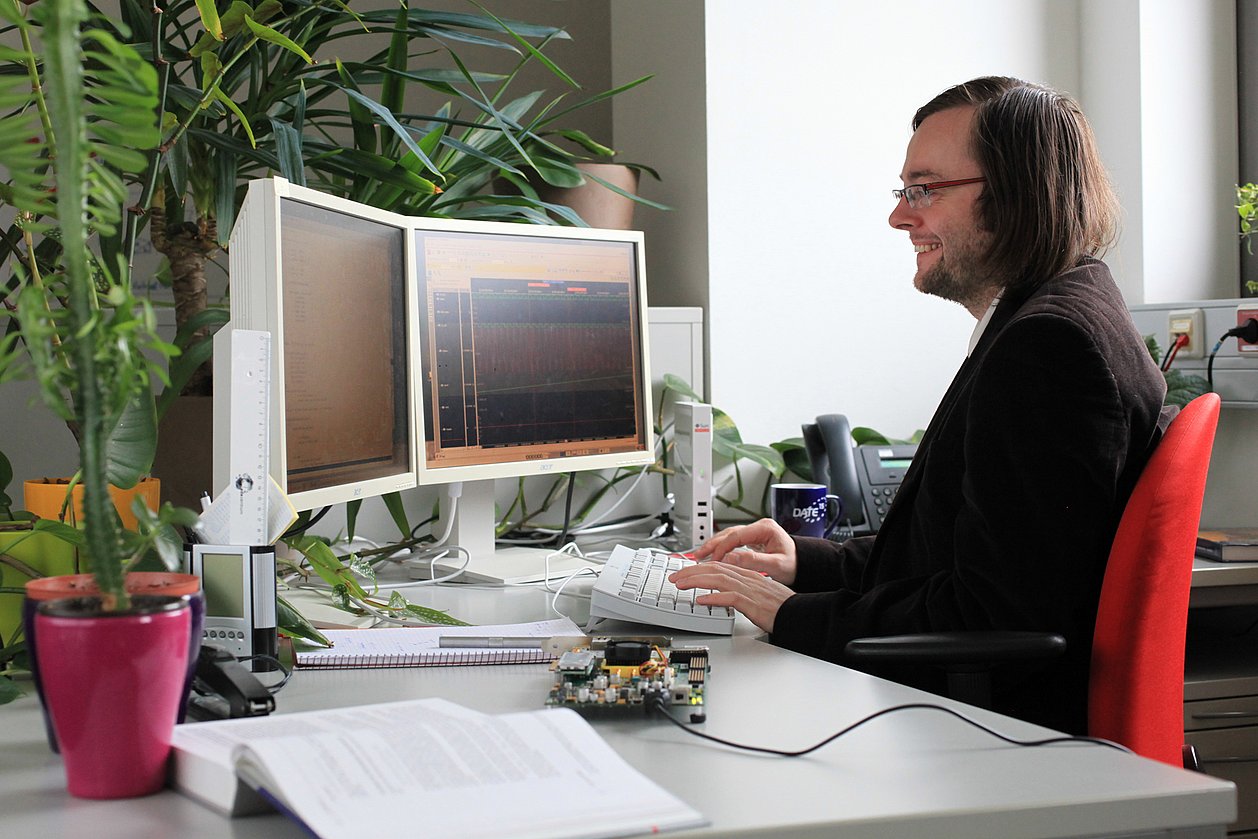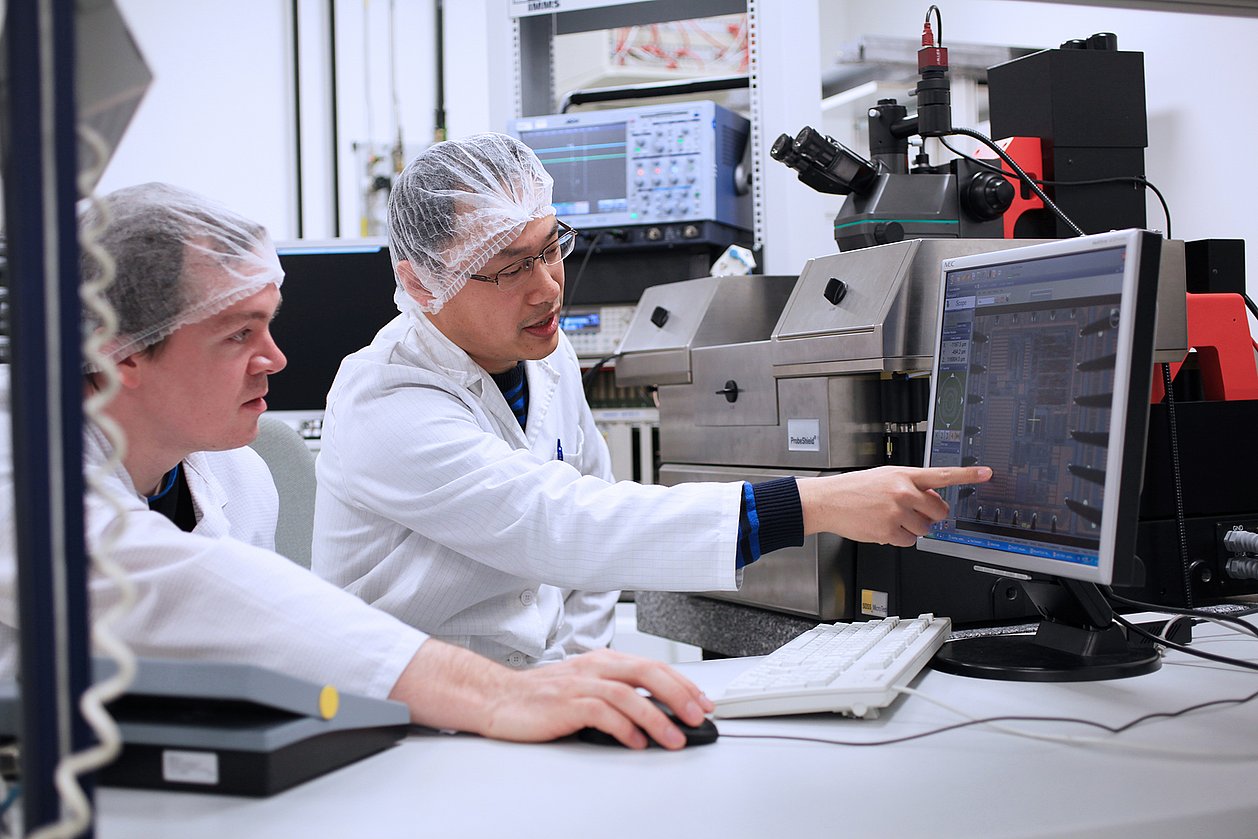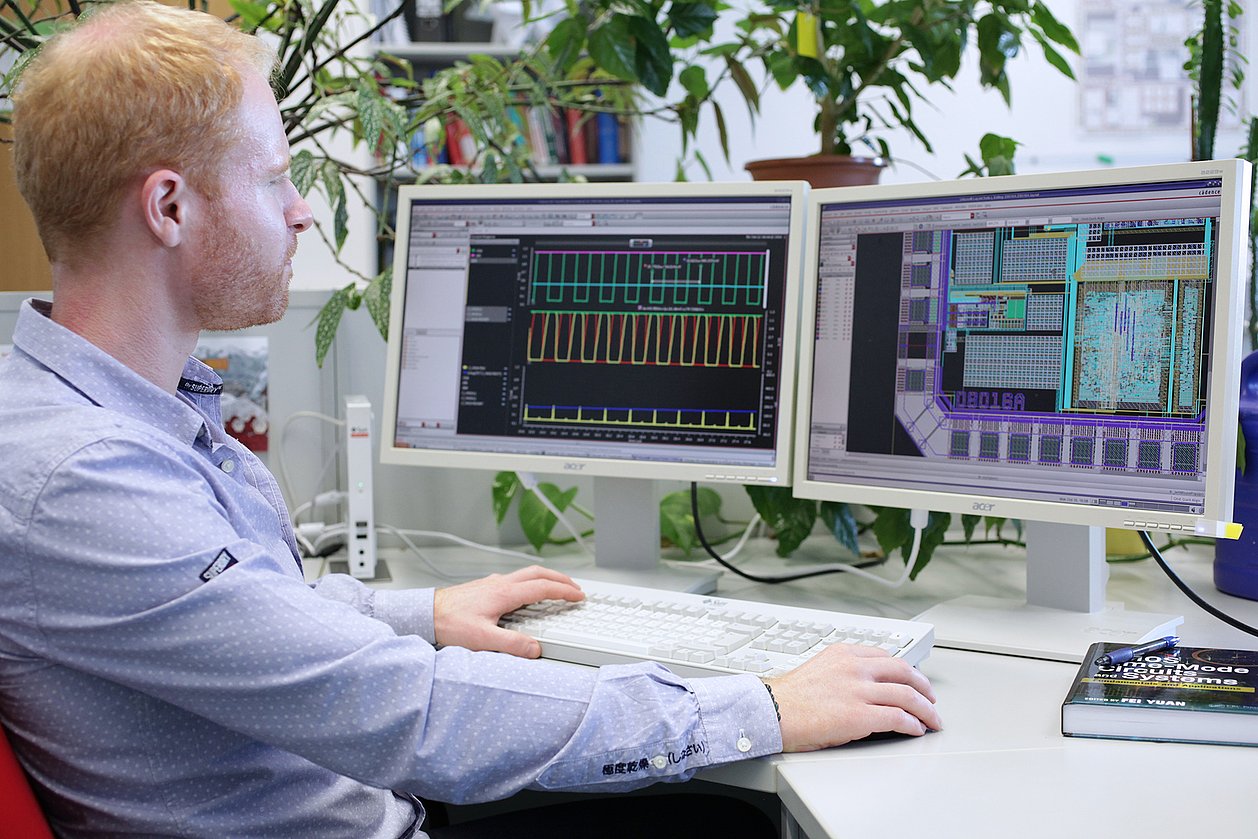Core topic AI-based design and test automation
The development process for integrated sensor systems is very complex. Specialists such as analogue and digital circuit designers, verification and test engineers, software developers and others work closely together there. Design errors must be avoided as much as possible, as iterations and redesigns involve significant additional costs and time delays.
We are exploring the use of artificial intelligence to make the development process of integrated sensor systems safer and more cost-effective.
AI can support developers at many points in the process to avoid errors and apply informal knowledge that is difficult to map procedurally in an automated way. To achieve this, we are working on machine learning approaches whose algorithms learn, for example, the good design practices of experienced developers and provide valuable advice to even less experienced colleagues. In this way, review processes that are common practice in the design of integrated systems can be made more effective or even replaced.
AI also helps us to create fast simulation models. For example, we use neural networks to integrate non-functional properties into existing behavioural models very effectively. This in turn results in increased design reliability.
Artificial intelligence is also the key to evaluating large amounts of data, as is often the case when testing integrated circuits. Here we are working with AI as well to significantly relieve increasingly scarce personnel resources.
Contact
Contact
Eric Schäfer, M. Sc.
Head of Microelectronics / Branch Office Erfurt
eric.schaefer(at)imms.de+49 (0) 361 663 25 35
Eric Schäfer and his team research Integrated sensor systems, especially CMOS-based biosensors, ULP sensor systems and AI-based design and test automation. The results are being incorporated into research on the lead applications Sensor systems for in-vitro diagnostics and RFID sensor technology. It will assist you with services for the development of Integrated circuits and with IC design methods.
Related content
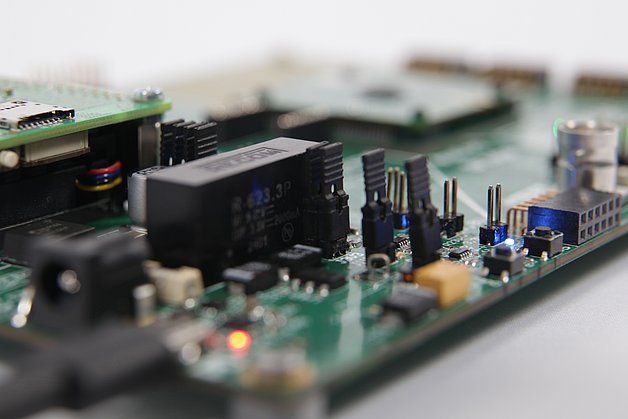
Project
VE-VIDES
Against hacker attacks: Innovative chip architectures, modelling and verification methods for trustworthy electronics
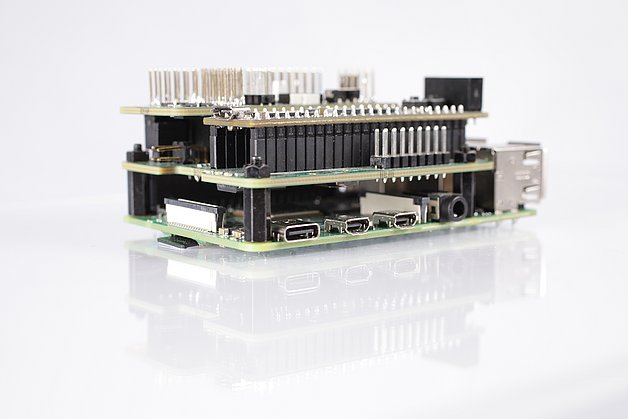
Project
VE-ARiS
IMMS developed copy protection solutions for integrated circuits to secure the know-how of partners
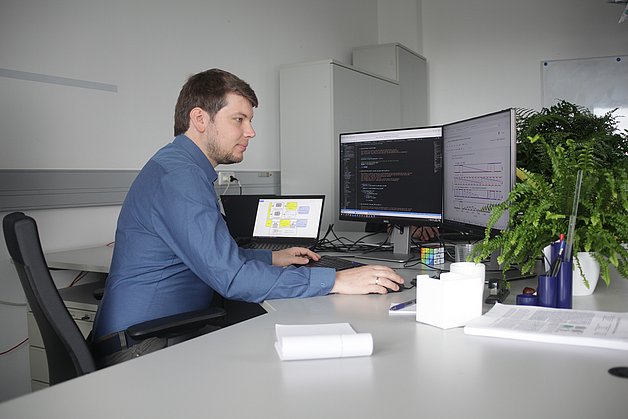
Project
KI-EDA
IMMS developed smart models and tes methods for the design of sensor and control chips for I4.0 applications
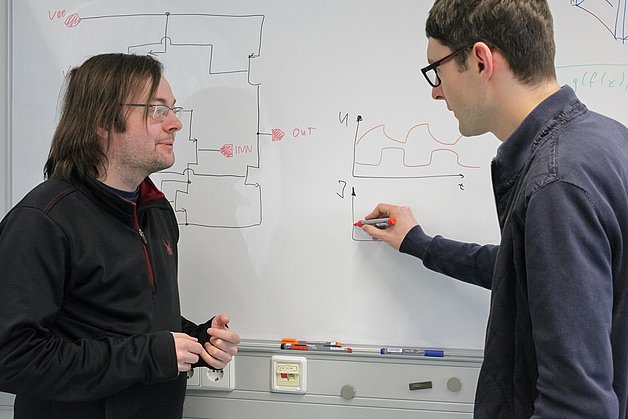
Project
IntelligEnt
The IMMS researched assistance systems for chip designers: Machine Learning improves design and test methods for integrated analogue/mixed-signal systems.
Reference
Christian Paintz, Melexis
“Particularly in the evaluation of measurement data, IMMS has impressively demonstrated that a learning algorithm is on a par with manual evaluation – while saving a great deal of time. We are also continuing to pursue methods for circuit and layout analysis, as we see great research and application potential here as well.”
Reference
Dr.-Ing. Dirk Nuernbergk, Melexis
“The institute has developed and implemented a program that automatically finds and evaluates critical parasitics even at the design stage. In consequence, layout optimisation, which normally takes so long, is massively accelerated. In a very short time, we were able to identify the problematic points in three circuits.”

Reference
Dr. Dieter Treytnar, edacentrum
“The idea became the edaBarCamp, a ‘non-conference’. As its name suggests, it was to be the first BarCamp in the field of EDA. It was organised by the edacentrum, IMMS and OFFIS. Thanks to the support given by IMMS on organisation and content, the first edaBarCamp was so successful that everybody agreed to repeat it in future years.”
Before It Hits the Chip: A Gentle Introduction to Mixed-Signal IC Verification
Martin Grabmann1.ISSOM 25, International Summer School on Microelectronics, 25. - 29. August 2025, Leibniz-Universität Hannover, Hannover, Germany
1IMMS Institut für Mikroelektronik- und Mechatronik-Systeme gemeinnützige GmbH, Ehrenbergstraße 27, 98693 Ilmenau, Germany.Trust is Good, Monitoring is Better: FPGA- & TEE-Based Monitoring for Malware-Detection
Friederike Bruns1. Georg Gläser2. Florian Kögler2. Jonas Lienke2. Nithin R. Nanjundaswamy3. Gregor Nitsche3. Behnam R. Perjikolaei4. Jörg Walter4.13th IMA International Conference on Modelling in Industrial Maintenance and Reliability MIMAR2025, July 8-10, 2025, Université de Lorraine, France, DOI: doi.org/10.19124/ima.2025.01.25
1Carl von Ossietzky Universität Oldenburg, Oldenburg, Germany. 2IMMS Institut für Mikroelektronik- und Mechatronik-Systeme gemeinnützige GmbH, Ehrenbergstraße 27, 98693 Ilmenau, Germany. 3DLR Institut für Systems Engineering, Oldenburg, Germany. 4OFFIS e.V. Institut für Informatik, Oldenburg, Germany.Propagation Delay Estimation for Mixed-Signal Modeling of Comparators
Martin Grabmann1. Eric Schäfer1. Georg Gläser1.2024 20th International Conference on Synthesis, Modeling, Analysis and Simulation Methods and Applications to Circuit Design (SMACD), Volos, Greece, July 02-05, 2024, pp. 1-4, DOI: doi.org/10.1109/SMACD61181.2024.10745467
1IMMS Institut für Mikroelektronik- und Mechatronik-Systeme gemeinnützige GmbH, Ehrenbergstraße 27, 98693 Ilmenau, Germany.DI-Meta-X: Bridging the Gap with Meta Formats
Georg Gläser1. Melanie Wilhelm2. Robert Fischbach3. Detlef Bille4. Jan Mehner5. Peter Kreutziger6.Auftaktveranstaltung Chipdesign Germany, 6. - 7. Juni 2024, Hannover
1IMMS Institut für Mikroelektronik- und Mechatronik-Systeme gemeinnützige GmbH, Ehrenbergstraße 27, 98693 Ilmenau, Germany. 2X-FAB Global Services GmbH, Erfurt, Germany. 3Technische Universität Dresden, Dresden, Germany. 4EDC Electronic Design Chemnitz GmbH, Chemnitz, Germany. 5i-ROM GmbH, Neukirchen bei Chemnitz, Germany. 6AMAC ASIC- und Mikrosensoranwendung Chemnitz GmbH, Chemnitz.



